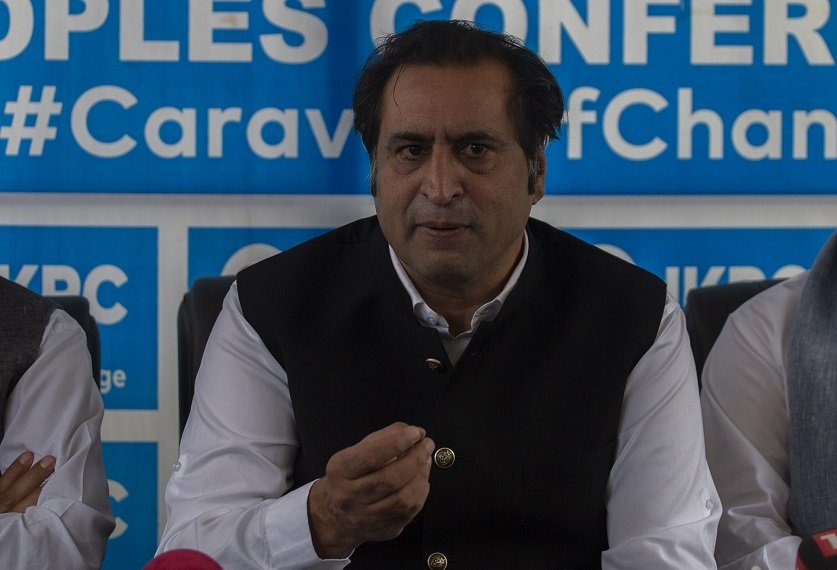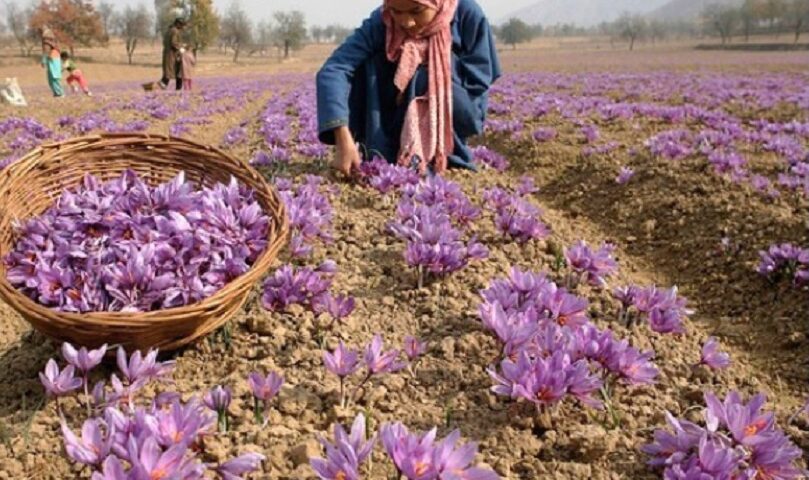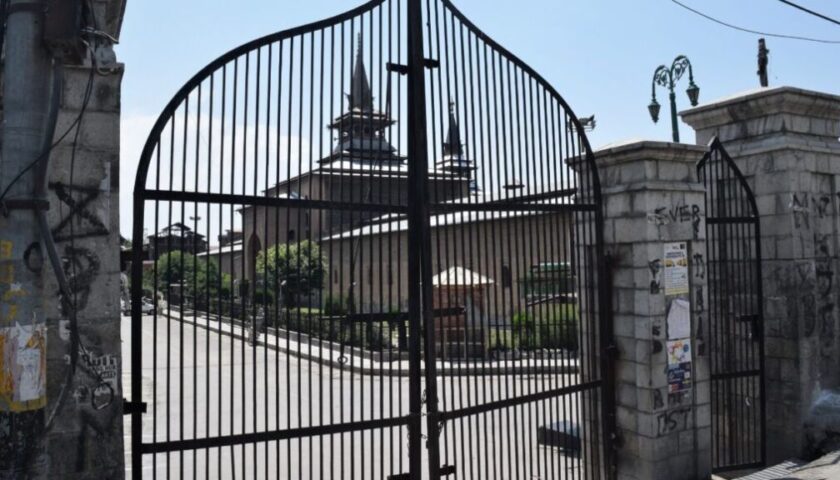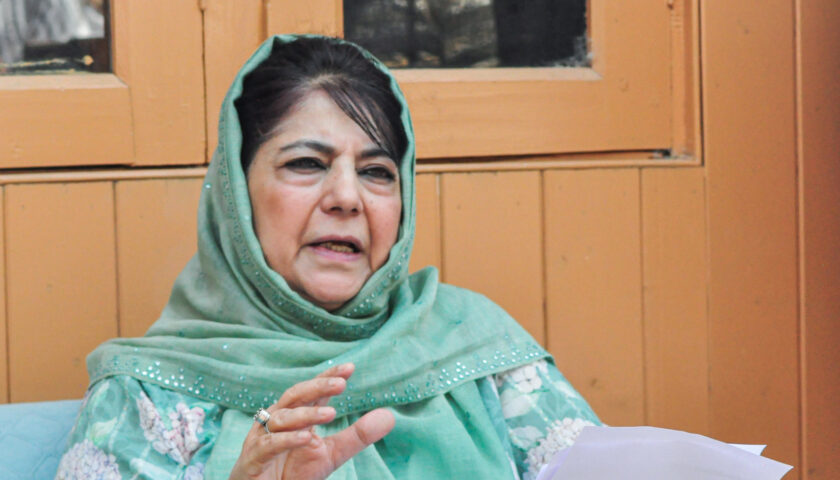Sajad Lone Calls Out Discriminatory Recruitment in Jammu & Kashmir
By: Javid Amin | Srinagar | 30 June 2025
In a scathing and emotionally charged critique, People’s Conference chairman Sajad Lone has once again called attention to what he describes as systematic exclusion of Kashmiri youth from government jobs under the current recruitment framework.
This time, his outrage was sparked by a recent list of selected candidates for Junior Assistant posts, which included only 5 Kashmiri candidates out of a total of 26. The numbers are small, but to Lone, the implications are enormous and alarming.
“List after list is being released by the recruitment authorities. And what we have been saying all along stands statistically endorsed,” he stated on social media. “This is now a rule, not an exception.”
The Regional Divide: Kashmir vs Jammu
The junior assistant recruitment list is only the latest in a series of selection outcomes that, according to Lone and growing public voices, reflect a pattern. The claim? That current reservation policies and recruitment frameworks are skewed to systematically marginalize candidates from the Kashmir region in favour of those from Jammu.
“The reservation issue is a regional issue systematically designed to exclude the inhabitants of the Kashmir region,” Lone asserted.
Critics argue that the recruitment lists are not just reflecting bias; they are institutionalizing it.
Numbers Don’t Lie: But Are They Being Ignored?
The figures shared in the Junior Assistant selection list have turned into a flashpoint for widespread anger. While the authorities maintain that recruitment is merit-based and transparent, the consistent underrepresentation of Kashmiris raises serious questions:
- Are the reservation rules truly fair across regions?
- Has the implementation tilted in favour of a particular demographic?
- Why are public institutions silent in the face of these growing disparities?
“The numbers in the recruitment lists are not lying. Our silence is a lie,” Lone wrote.
Public Sentiment: Ethnic Cleansing by Numbers?
The issue has escalated beyond political commentary. Ordinary citizens are expressing outrage, with some calling the developments “ethnic cleansing through employment”.
“This is ethnic cleansing of Kashmiris from all government departments,” wrote one commenter. “With every new list, Kashmiris are pushed aside, darkening our future.”
“If our Kashmiri leaders don’t speak up against this unfair reservation policy, it’s a shame. They’ll be responsible for it.”
The perception of deliberate marginalization has become widespread, especially among the youth who feel that educational merit is being overshadowed by political engineering.
The Political Fallout: Middle Ground or Moral Failure?
Lone didn’t stop at criticizing the policy. He also took aim at leaders who prefer to play it safe.
“Playing the middle ground and mixing votes with reservations will wreak havoc,” he warned.
In other words, neutrality is complicity. The call is now for Kashmiri politicians across party lines to take a stand.
This is not just about numbers on a list. It’s about regional dignity, youth aspirations, and institutional trust.
The Next Steps: What Needs to Be Done?
1. Independent Audit of Recruitment Lists
A neutral and transparent audit could help restore public confidence. How are these lists being created, and is there an unconscious bias baked into the process?
2. Re-examination of Reservation Policies
There’s a need to evaluate current quotas and reservations to ensure equity across both Jammu and Kashmir regions.
3. Cross-Party Consensus and Public Dialogue
The silence from the majority of J&K’s political class is deafening. Collective leadership must rise above partisanship to demand answers and push reforms.
4. Legal and Constitutional Review
If the recruitment patterns violate constitutional safeguards against regional discrimination, legal avenues should be explored.
Bottom-Line: Speak Now or Bear the Burden
Sajad Lone’s words are a clarion call, not just to his followers but to every conscious Kashmiri who believes in fairness, justice, and equal opportunity.
“Unless and until we do not call a spade a spade, this curse on our youngsters will not go away on its own.”
As recruitment lists continue to emerge, so does a narrative of exclusion and imbalance. The numbers tell a story. The people are speaking. The silence of the powerful may soon become the loudest noise in this struggle for fairness.




